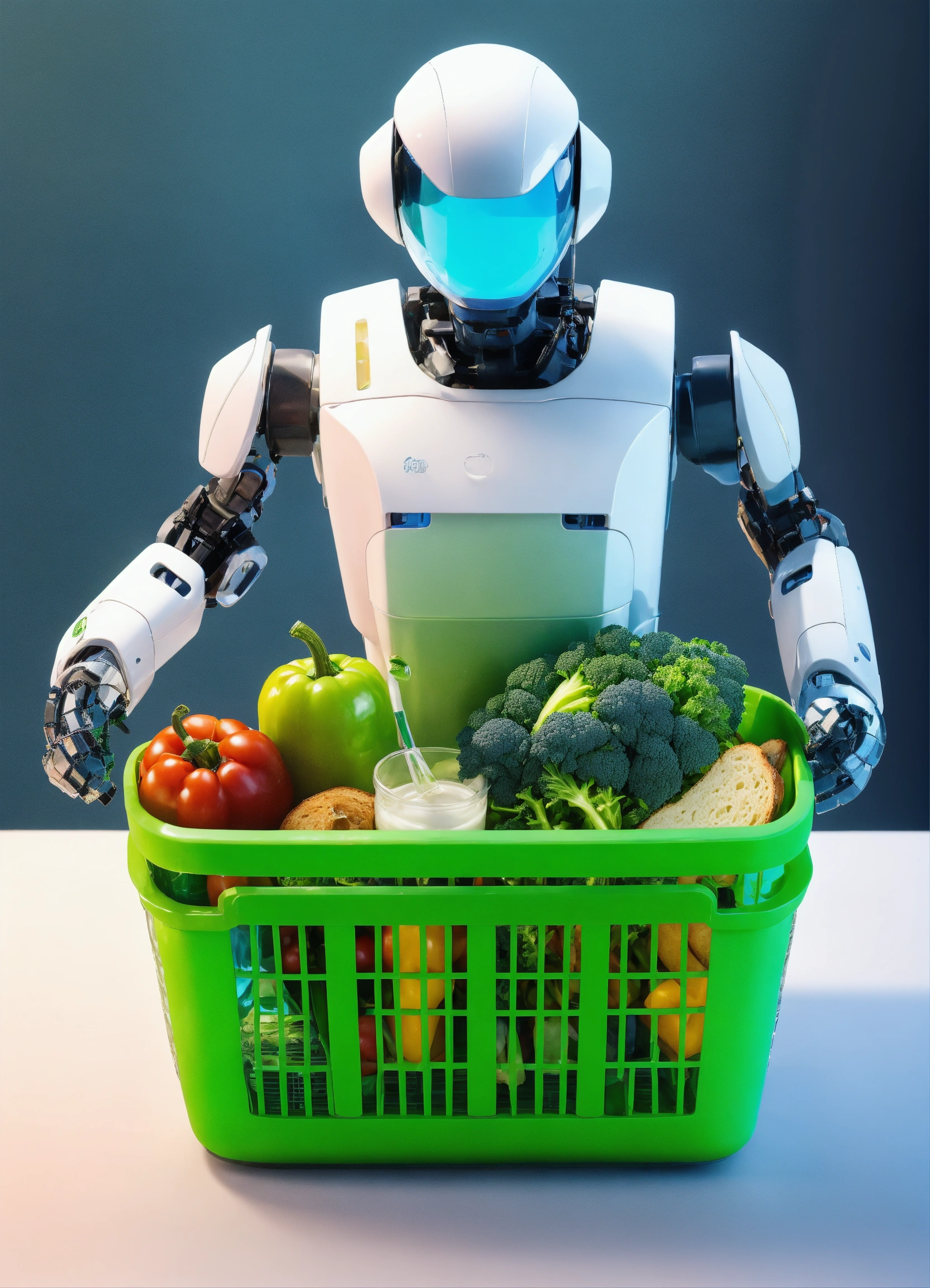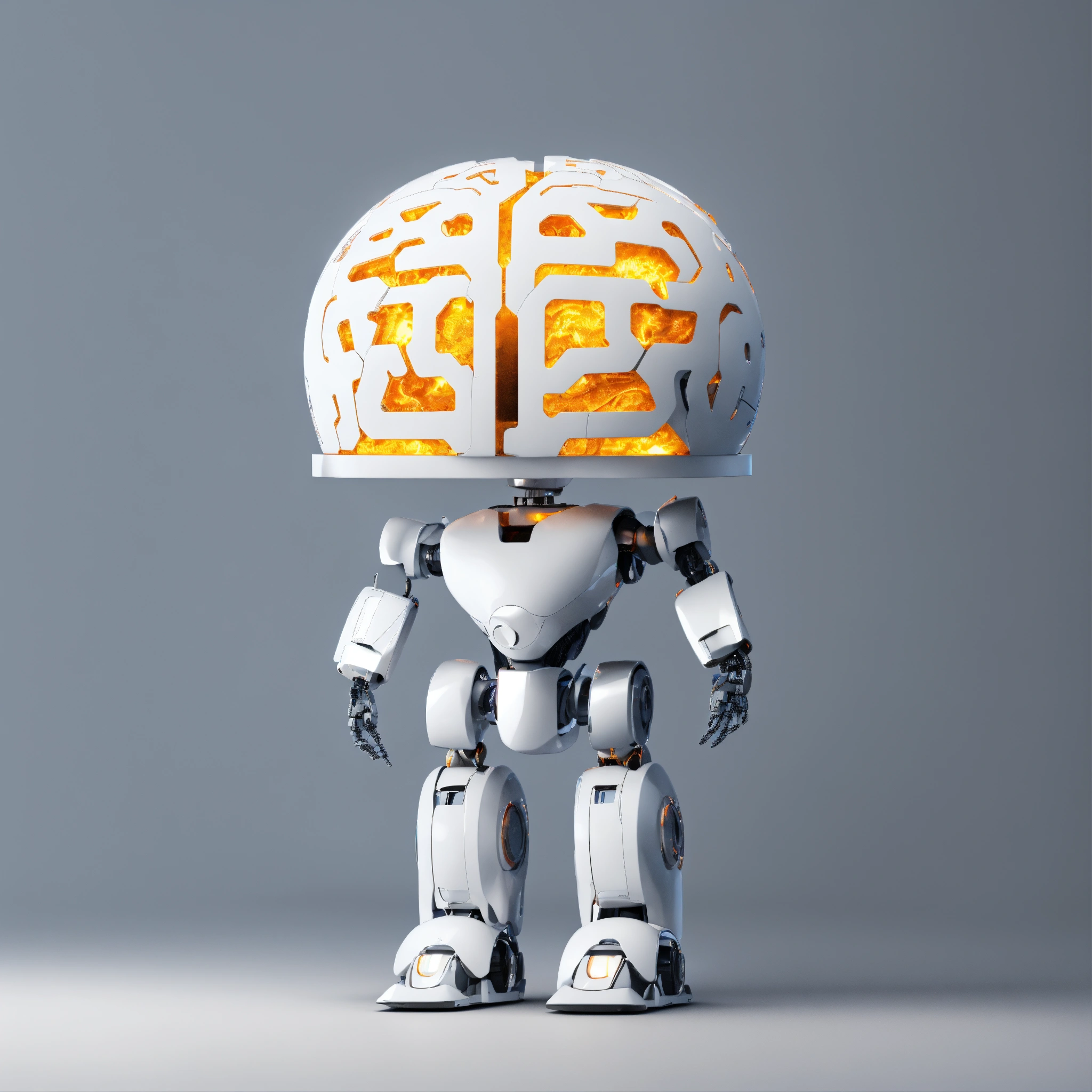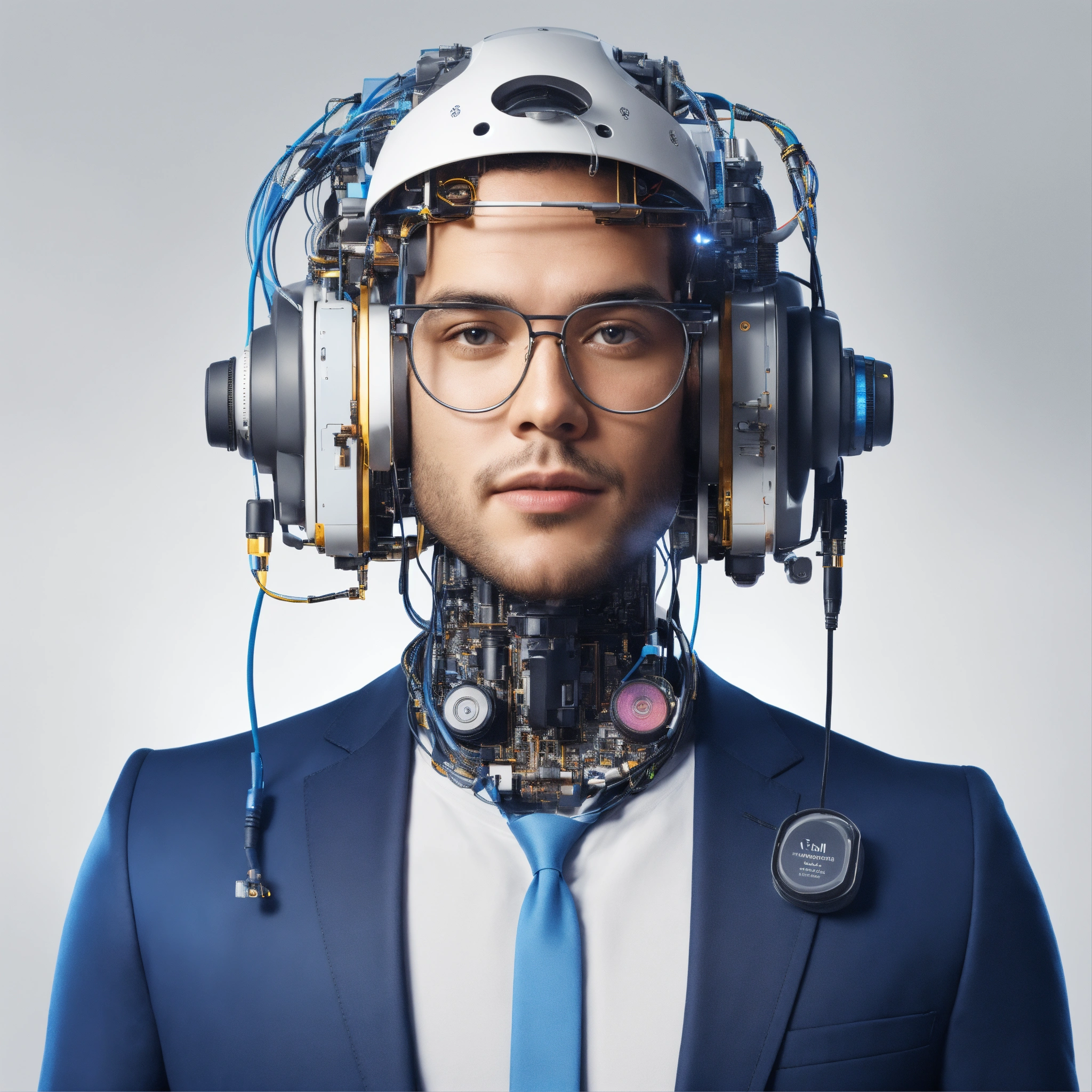Artificial intelligence (AI) continues to revolutionize many industries, and the food and beverage industry is no exception. Facing complex challenges such as quality management, production efficiency and customer satisfaction, companies in the sector are turning to AI to streamline operations, reduce waste and improve the consumer experience.
In this article, we will explore the problems facing the beverage industry, how AI is being applied to solve them, and highlight successful implementations in the market.
Challenges faced in the food and beverage industry
The food and beverage industry can face challenges throughout the production and distribution processes, ranging from variability in ingredient quality to the demand for constant innovation. Some of the main potential problems include:
Quality control: Ensuring that each batch of product meets quality standards is crucial. However, variations in ingredients and the production process can impact the consistency of the final product.
Operational efficiency: efficient production works to maximize productivity and reduce costs. This involves optimizing processes and minimizing waste.
Demand forecasting: The ability to accurately predict market demand is essential to avoid excess inventory or stockouts.
Product innovation: Creating new products that meet consumer expectations requires in-depth information about market trends and customer preferences.
How can artificial intelligence transform the sector?
In this scenario, AI can be applied through mitigating strategies that seek to avoid and solve problems such as those mentioned above. Here are some examples of AI in this sector:
Improved quality control
AI can continuously monitor production, identifying anomalies and ensuring quality standards are maintained. Advanced algorithms analyze data in real time to detect any deviations in production processes, minimizing human error and reducing waste.
AI-powered sensors can also examine each batch of products, checking parameters such as color, texture, and flavor to ensure consistency. Additionally, AI can predict problems before they occur, allowing companies to make proactive adjustments.
Operations automation
Using Machine Learning, companies can optimize their operations by automatically adjusting production parameters to maximize efficiency. This includes managing resources such as energy and water and reducing operating costs.
For example, AI algorithms can analyze energy consumption at different stages of production and suggest ways to save energy, such as by adjusting the temperature or running time of equipment. This not only reduces costs, but also reduces environmental impact.
Innovation in product development
Artificial intelligence can analyze consumer trends and preferences to develop new products that meet market demands. This speeds up the process of innovation and new product launches, keeping companies competitive.
AI platforms can mine social media, market analytics, and sales data to identify emerging flavors or popular ingredients. With this data, development teams can create products that have a higher probability of success in the market by virtually testing different formulas before launching into mass production.
Supply chain management
With AI, demand can be predicted more accurately, improving inventory planning and logistics. Intelligent systems help prevent stockouts and excess products, optimizing the entire supply chain.
AI tools can analyze sales history, seasonal events, and even weather patterns to predict future demand. This allows companies to adjust their raw material orders and plan production more efficiently, avoiding both shortages and excesses of products on the market.
Food safety
AI also contributes to food safety by identifying and tracking potential contamination at every stage of the production chain. This enables quick and effective action to prevent the spread of contaminated food.
AI sensors can detect pathogens or chemical contaminants in the production environment, alerting operators to take immediate action. Additionally, AI-based tracking systems can follow products from their source to the point of sale, ensuring transparency and traceability, which is essential in the event of recalls.
Developing strategies with artificial intelligence for the food and beverage industry
Developing artificial intelligence solutions for processes in the food and beverage industry involves several steps:
- Identifying needs: The first step is to identify the main challenges the company faces and define clear objectives for the application of AI.
- Data collection: A data-driven approach is essential to the success of any AI project. This includes production, quality, sales, and other data.
- Model development: with the data collected, it is possible to develop Machine Learning models that can provide insights and optimizations.
- Implementation and monitoring: After development, the solution must be implemented and continuously monitored to ensure it is delivering the expected results.
Mouts has professionals with valuable expertise for this process, from data analysis to the implementation of customized AI solutions.
How Mouts helped a brewery with quality control using AI
Mouts is an excellent example of how artificial intelligence can be applied in the beverage industry. In one of our success stories, we implemented a quality control solution for one of the largest breweries in the world.
Using Machine Learning algorithms, our professionals helped the brewery monitor beer quality in real time, identifying deviations in production processes and allowing immediate adjustments. This resulted in a significant improvement in the consistency and quality of the final product.
Conclusion
In short, artificial intelligence is bringing significant transformation to the food and beverage industry, helping to solve complex problems and optimize operations. From quality control to product innovation, AI offers powerful solutions that can improve efficiency and customer satisfaction.
So if your business is looking to explore the possibilities of AI, get in touch with Mouts to find out how we can help transform your processes.
FAQ
1. What is Machine Learning?
Machine Learning (ML) is a field of AI that involves developing algorithms and models that allow computers to make predictions or decisions based on experience gained from data.
2. What does data-based mean?
Data-based refers to practices, decisions or processes that are based on collected and analyzed data. Thus, instead of relying on assumptions or intuitions, data-driven approaches use empirical evidence to inform decisions and optimizations.
3. What are the benefits of Pix?
You can check out Mouts’ success stories by visiting the company’s official website, where they highlight several successful projects and implementations.










